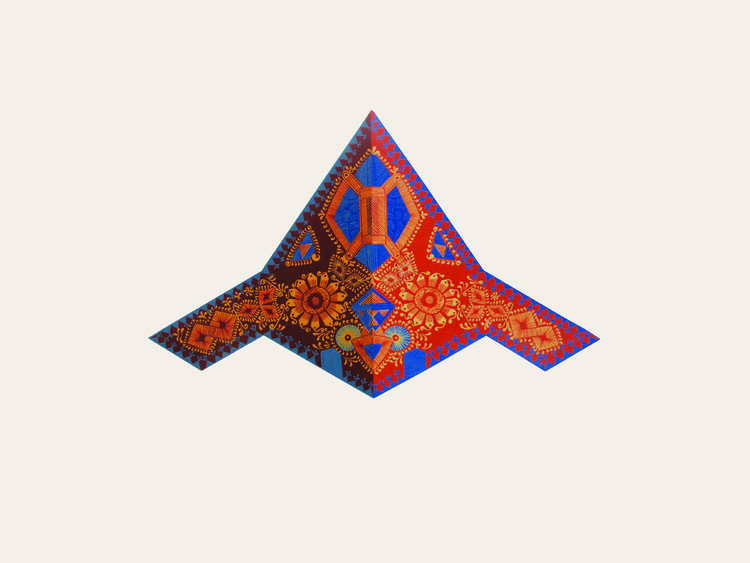Tuesday 10 September 2024
5pm – 7pm, with words at 6pm
Io Myers Theatre Esme Timbery Creative Practice Lab
UNSW School of the Arts & Media
Gate 2, High St, Kensington Campus
Please join us to celebrate the launch of Associate Professor Michael Richardson’s new book Nonhuman Witnessing: War, Data, and Ecology after the End of the World with drinks, snacks, and words from Andrew Brooks and Astrid, aka Snack Syndicate. Out now with Duke University Press, the book calls for the radical transformation of how we understand witnessing in an age of crises.
Copies will be available for purchase at a discounted rate of $30. While not essential, registering helps us plan catering, seating, and other aspects of the event.
About the book:
In Nonhuman Witnessing Michael Richardson argues that a radical rethinking of what counts as witnessing is central to building frameworks for justice in an era of endless war, ecological catastrophe, and technological capture. Dismantling the primacy and notion of traditional human-based forms of witnessing, Richardson shows how ecological, machinic, and algorithmic forms of witnessing can help us better understand contemporary crises. He examines the media-specificity of nonhuman witnessing across an array of sites, from nuclear testing on First Nations land and autonomous drone warfare to deepfakes, artificial intelligence, and algorithmic investigative tools. Throughout, he illuminates the ethical and political implications of witnessing in an age of profound instability. By challenging readers to rethink their understanding of witnessing, testimony, and trauma in the context of interconnected crises, Richardson reveals the complex entanglements between witnessing and violence and the human and the nonhuman.
About the author:
Michael Richardson is a writer, researcher, and teacher living and working on Gadigal and Bidjigal country. An Associate Professor in the School of the Arts & Media at UNSW Sydney and an Associate Investigator with ADM+S, his research examines how technology, power, and culture shape knowledge in war, security, and surveillance. His latest book is Nonhuman Witnessing: War, Data, and Ecology after the End of the World (Duke University Press, 2024).
About Snack Syndicate:
Andrew Brooks is a lecturer in Media and Culture in the School of the Arts and Media, UNSW. Astrid Lorange is a senior lecturer in Art, Writing, and Cultural Theory in the School of Art & Design, UNSW. Together, they make texts, installations, public programs, and study spaces as the critical art collective Snack Syndicate. Their collection of essays, Homework, was published in 2021 by Discipline. They are currently completing a book titled The Art of Unmaking: The Aesthetics of Abolition in Australia.
This talk is hosted by the UNSW Media Futures Hub












